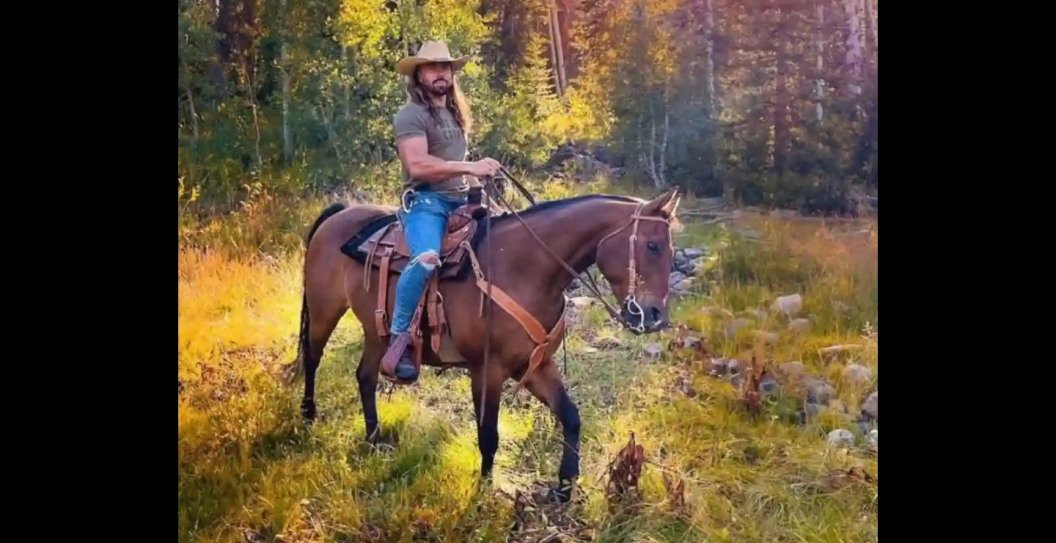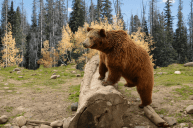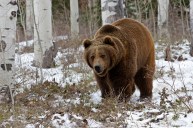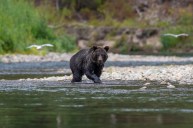Tristan Hamm, a self-proclaimed adventure athlete and motivational speaker, has been accused of lying to get a Yukon hunting license and then using it to kill several bears across the northern territory over the course of a week.
Hamm, also known as "Mr. Adventure" on Instagram, has been charged with the illegal killing of three bears, including a black bear on Bove Island near the southern Yukon border on May 17, a black bear on May 19 at Dry Creek near the Alaskan border, and a grizzly bear near Kluane Lake on May 21. He's also facing charges related to exporting the remains of the bear outside the country this past summer.
Court documents allege Hamm provided false or misleading information to obtain a Yukon resident hunting license: While his LinkedIn profile lists his location as Whitehorse, Yukon Territory, Canada, it is unclear whether Hamm actually meets the residency requirements to obtain resident big game tags in Yukon. To qualify for a resident big game hunting license, you must be a Canadian citizen who's lived in the Yukon for at least one year and spent at least 185 days in the Yukon during that period, before applying. Additional proof of residency may be required to be submitted to the local Department of Environment.
Bryce Bekar, the president of the Yukon Fish and Game Association, told CBC, "We're kinda lost for words. We all understand how difficult it is to get a license and become registered with the [Yukon] Department of Environment."
The accusations could come as a tough blow to his 2 million followers. Hamm has been well known for encouraging and helping others experience the healing power of nature. He is the CEO of Revived Outdoors, a company that offers adventure and wellness trips with a focus on mental and physical health and has donated all-inclusive trip packages and outdoor gear to help others get outside.
Some aren't swayed by Hamm's history of doing good, however. Sue Greetham of Whitehorse and president of the advocacy group, Grizzly Bear Protection Yukon, wants an example to be made. She told CBC, "I want it to be a significant message sent. I think the fines should be raised. I think there should be jail terms for such egregious criminal activity regarding wildlife. I just don't understand it."




